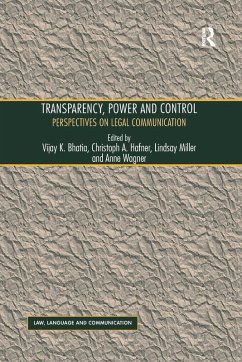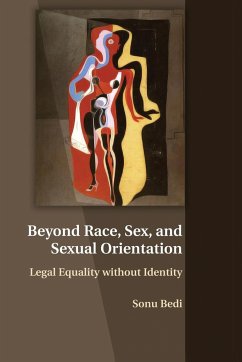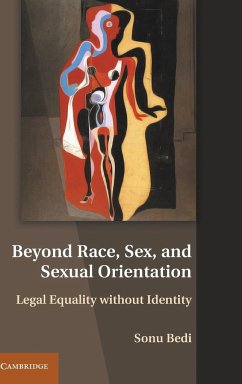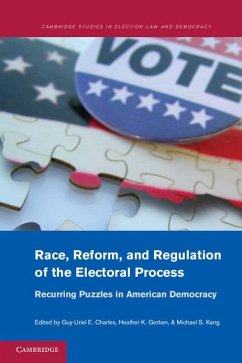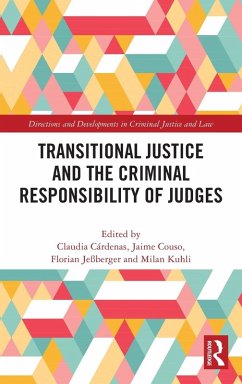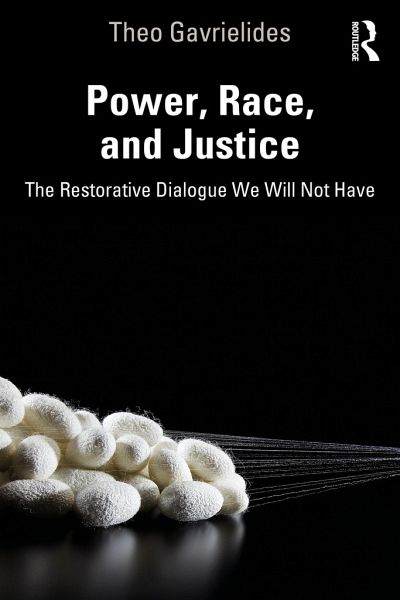
Power, Race, and Justice
The Restorative Dialogue We Will Not Have
Versandkostenfrei!
Versandfertig in 1-2 Wochen
55,99 €
inkl. MwSt.
Weitere Ausgaben:

PAYBACK Punkte
28 °P sammeln!
Structured around the four concepts of power - race - justice - restorative justice, the book uses empirical new data as well as normative analysis to reconstruct the way we prevent and control power abuse and harm at the inter-personal, inter-community and international levels.





